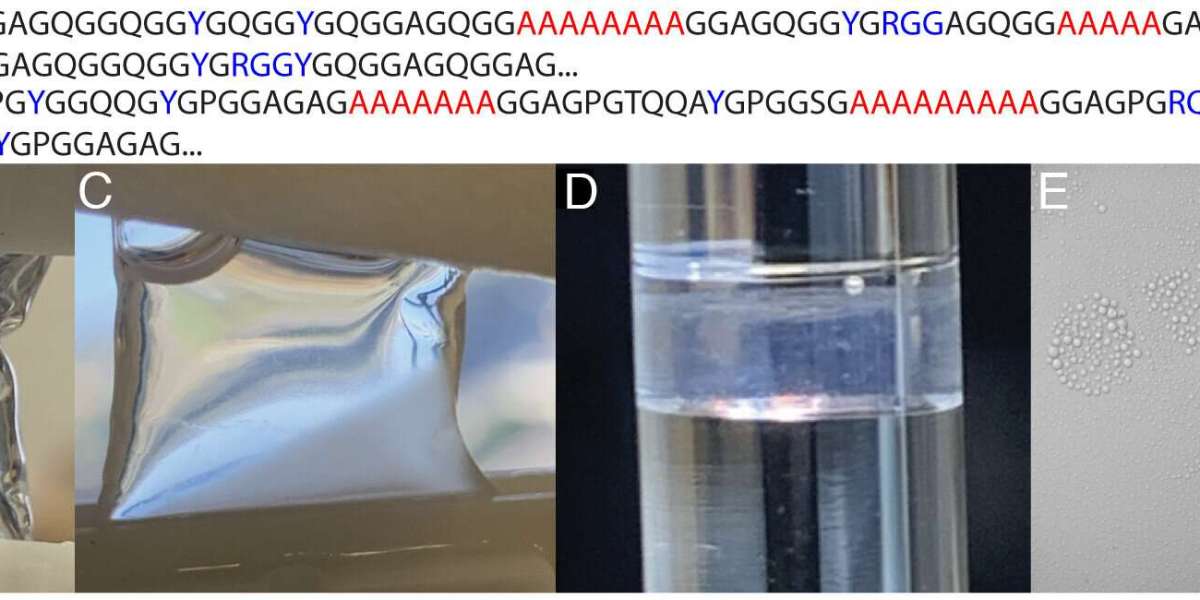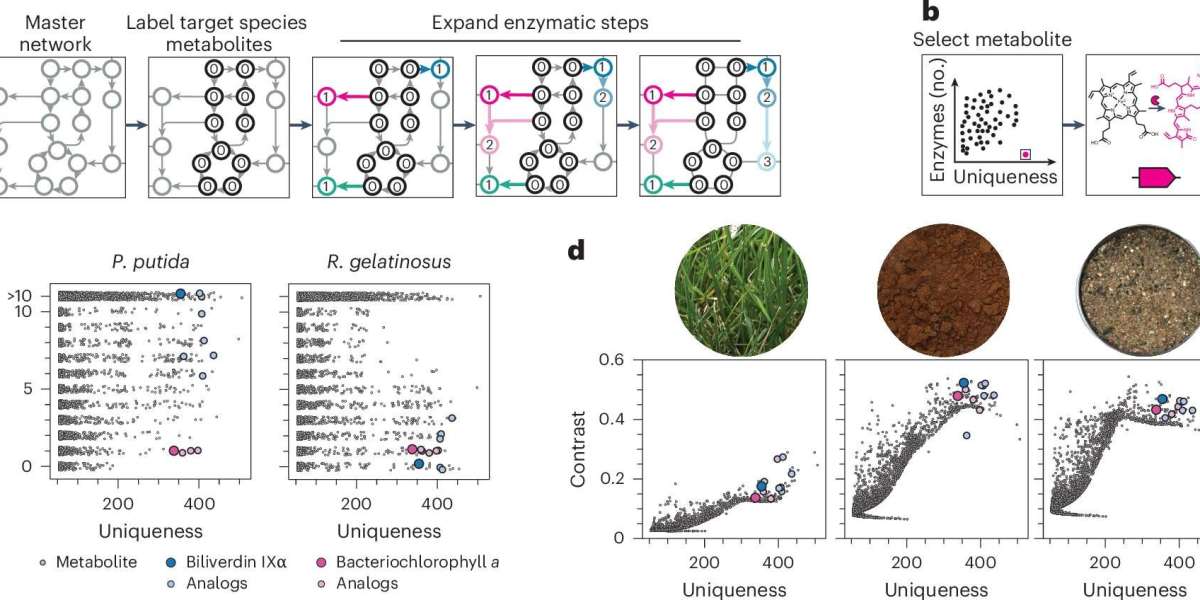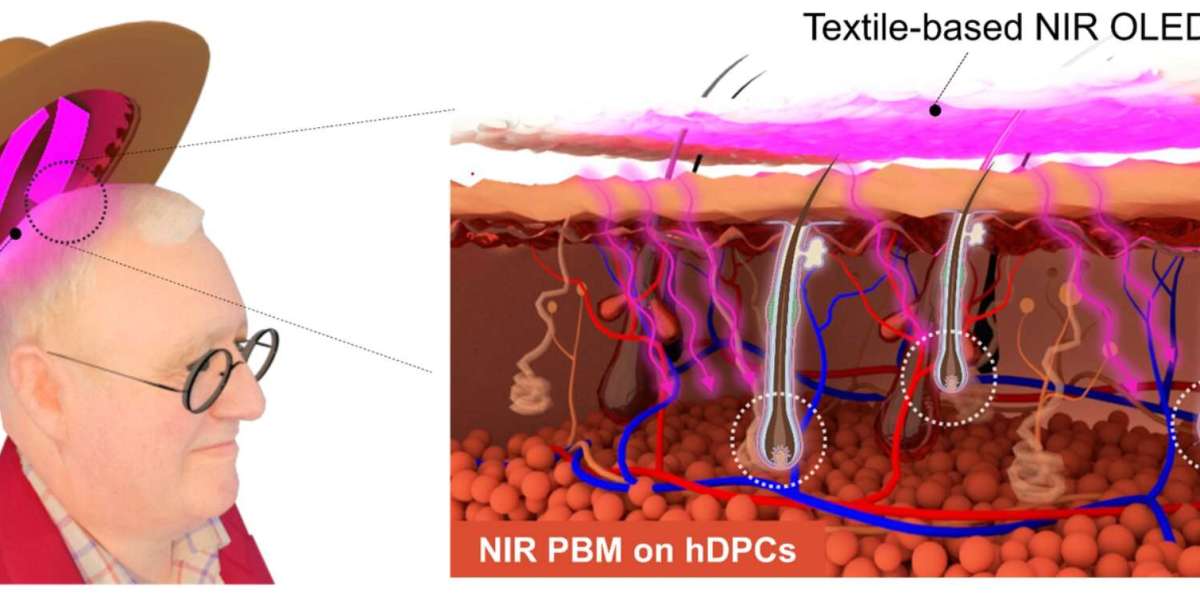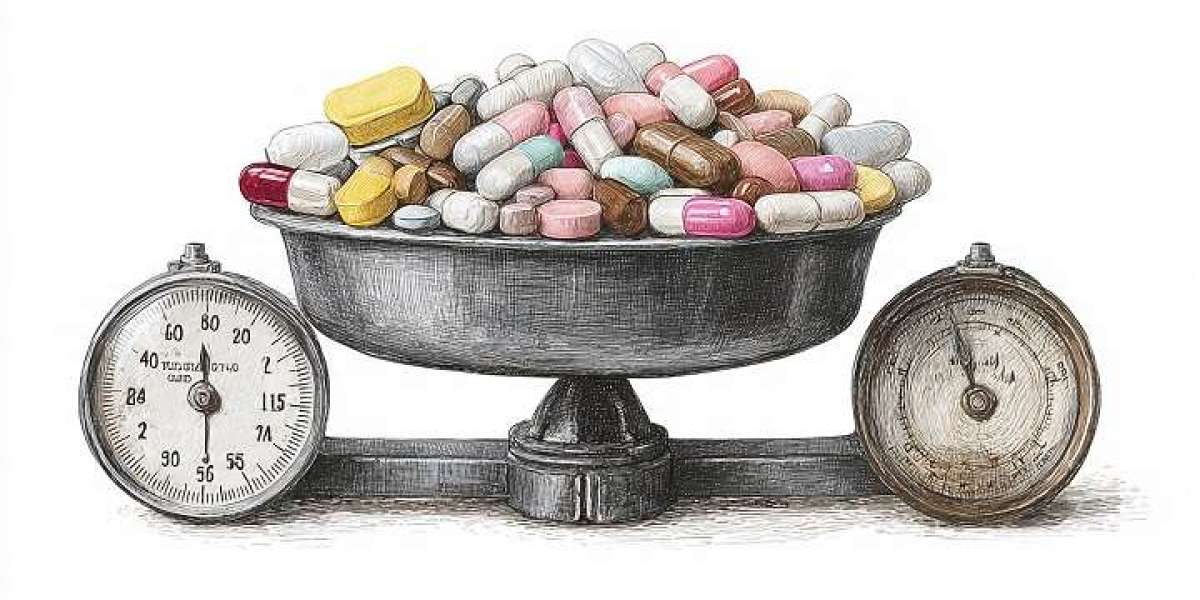article image source: tallmadgedentist.com (link)
(What will be mentioned below is for advice and is not a substitute for consulting a doctor)
A recent study suggests that excessive consumption of low- or no-calorie sweeteners, commonly found in diet drinks and sugar-free gum, may be linked to a more rapid decline in memory and mental abilities, raising questions about their long-term safety.
The study, conducted by scientists at the University of São Paulo in Brazil, followed more than 12,000 adults over eight years as part of a large research project known as the Brazilian Longitudinal Study of Adult Health. It was published in the scientific journal Neurology.
The researchers asked all participants, aged 35 or older, detailed questions about their dietary habits and calculated their consumption of seven different types of artificial sweeteners, such as aspartame, saccharin, erythritol, xylitol, and others.
The participants' average daily consumption was approximately 92 milligrams of these sweeteners.
:max_bytes(150000):strip_icc()/ArtificialSweetenersRanked-9777b6c507014b22875ff9f85f2a65d0.jpg)
Artificial Sweeteners - source: health.com
Faster Decline in Brain Function
Researchers found that in people under 60, high consumption of artificial sweeteners was associated with faster decline in two key areas of brain function: verbal fluency (the ability to speak clearly and quickly and choose words) and general cognitive abilities (such as memory, concentration, and problem-solving).
In older adults (60 years and older), no clear association was found between the amount of sweeteners consumed and changes in mental abilities over time.
However, in both those with and without diabetes, high consumption of these sweeteners appeared to be associated with faster decline in memory and thinking.
The sweeteners most commonly associated with cognitive decline were aspartame, saccharin, acesulfame K, erythritol, sorbitol, and xylitol, which are commonly used in products such as diet sodas, sugar-free sweets, chewing gum, protein bars, and even some medications.
Dr. Claudia Kimi Suemoto, one of the study's co-authors, said that these alternatives are often marketed as healthy options for those seeking to control weight or blood sugar levels, but the research findings show that they have unexpected negative effects on brain health.
She added, "Low- or zero-calorie sweeteners are often viewed as healthy alternatives to sugar, but our findings suggest that some of these sweeteners may have negative effects on brain health over time."
advertisement
Growing Concerns
The researcher also noted that the study was "observational," meaning it does not directly prove that artificial sweeteners cause cognitive decline. Other factors, such as overall diet quality, exercise, or health status, may play a role.
However, she believes the results are sufficient to warrant further research and to warn people to be cautious about consuming large amounts of these sweeteners, especially in young people who may consume them daily for many years.
The study concluded that it adds another layer to the growing concerns about the impact of artificial sweeteners on health, not only weight and blood sugar levels, but also the brain.
Until clearer information becomes available, it may be wise to limit consumption of these substances and focus on natural, unprocessed foods whenever possible.
Thank you !













































































